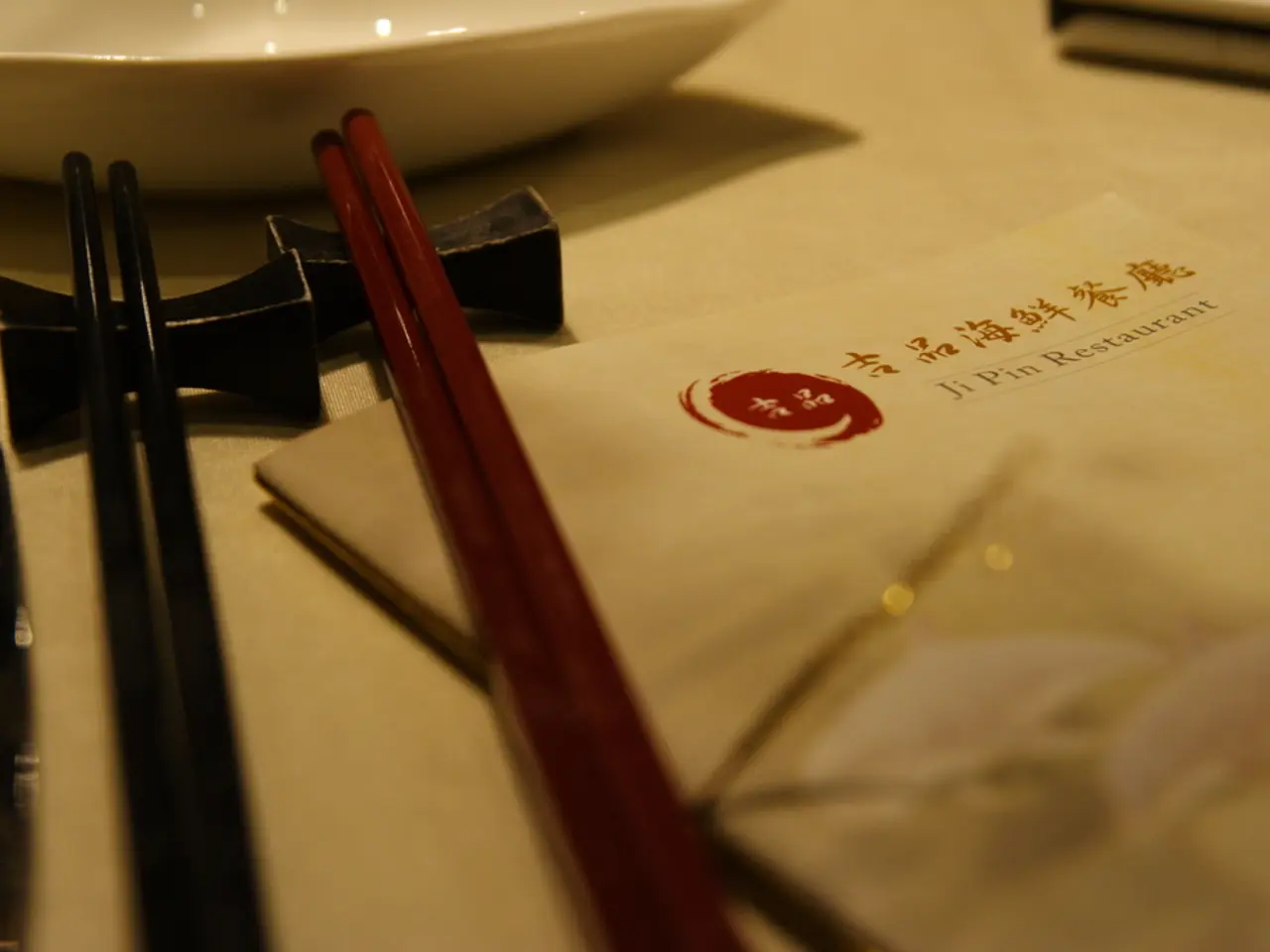Strategies for Engaging with the Chinese Communist Party
The Chinese Communist Party (CCP), established in the aftermath of the Chinese Civil War (1927-1949), has a long and complex history with America and capitalism. Originally emerging as a revolutionary Marxist party, the CCP sought to establish control of mainland China, culminating in the founding of the People's Republic of China (PRC) in 1949.
Under the leadership of Mao Zedong, the CCP promoted Marxist-Leninist ideology, viewing capitalist and imperialist powers, such as the United States, as hostile to China. This ideological opposition remains a fundamental aspect of the CCP's agenda today, although it has evolved with time.
Politically, the CCP views the US as a primary adversary in a "New Cold War," seeking to weaken American influence and global standing while promoting China's own rise as a global superpower. This agenda includes efforts to infiltrate and influence US political systems at state and local levels, as well as utilizing economic espionage, intellectual property theft, and cyber operations to gain a strategic edge over the US.
However, the CCP's relationship with capitalism is more nuanced. While it promotes a state-managed capitalist economy domestically, it remains wary of Western-style capitalism, especially its democratic political foundations. The CCP merges civilian and military power, employing both to challenge the US system politically, economically, and technologically.
It is important to note that no business in China is truly independent of the government. The CCP openly exploits vulnerabilities within American governance and society to advance its objectives, including lobbying and infiltration through front organizations.
The CCP's history is marked by ruthless methods. Leaders of the CCP have been accused of oppressing the Chinese people and committing mass murders, including the killing of tens of millions in labor camps.
In light of these facts, some argue that dealing with communist regimes requires caution. Comparing a capitalist to a communist is like trying to befriend a poisonous snake, which is likely to harm rather than help. American statesmen have been criticized for clinking glasses with CCP leaders and enabling their country's enemy.
However, it is crucial to approach this complex relationship with a clear understanding of the CCP's intentions and its historical actions. Engaging in dialogue, trade, and diplomacy does not necessarily mean endorsing the CCP's ideology or actions. Instead, it presents an opportunity to promote democratic values, protect American interests, and foster a more peaceful and stable world.
- The Chinese Communist Party (CCP), originally a revolutionary Marxist party, continues to view capitalist powers like the United States as hostile, echoing its ideological stance established during war-and-conflicts and furthered in policy-and-legislation, especially today in the context of a "New Cold War."
- China's complex relationship with capitalism is evident in its state-managed capitalist economy, indicating a more nuanced approach than its ideological opposition to Western-style capitalism, with particular caution towards its democratic political foundations.
- Amidst the intricacies of Sino-American relations, some advocate for caution when engaging with communist regimes like the CCP, comparing such relationships to interacting with a poisonous snake that could potentially harm rather than help, given the CCP's historically ruthless methods and oppressive acts.








